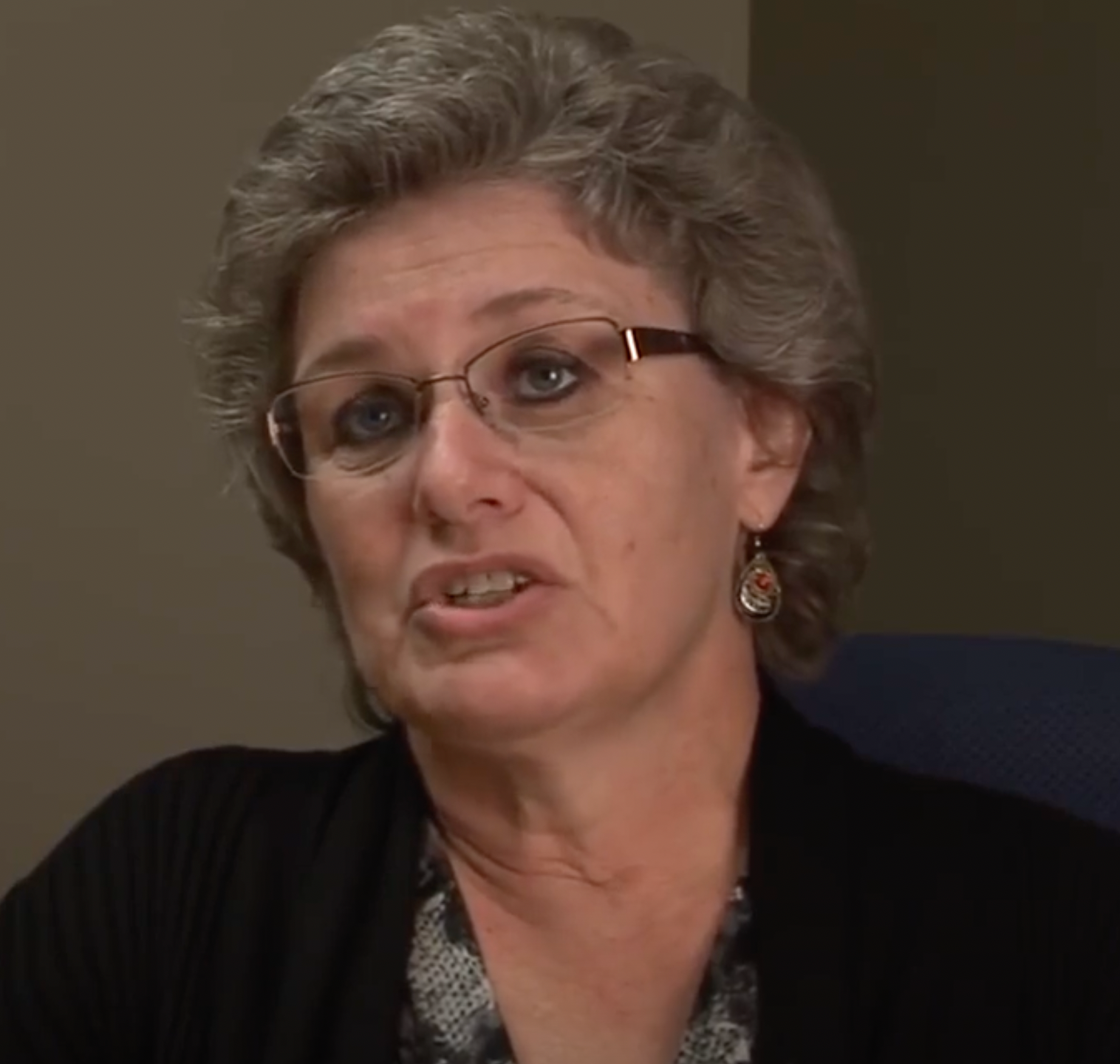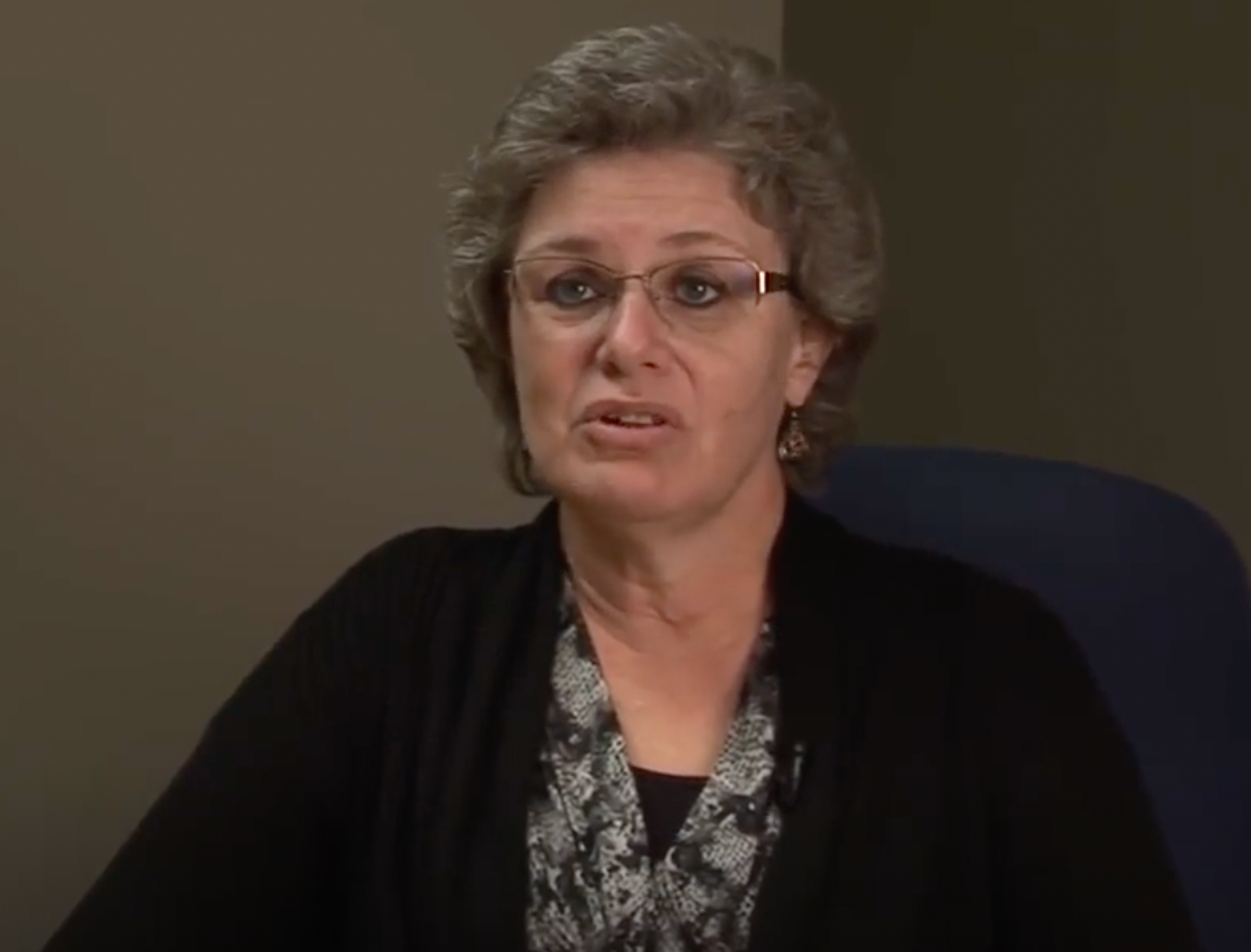Your support helps us to tell the story
From reproductive rights to climate change to Big Tech, The Independent is on the ground when the story is developing. Whether it's investigating the financials of Elon Musk's pro-Trump PAC or producing our latest documentary, 'The A Word', which shines a light on the American women fighting for reproductive rights, we know how important it is to parse out the facts from the messaging.
At such a critical moment in US history, we need reporters on the ground. Your donation allows us to keep sending journalists to speak to both sides of the story.
The Independent is trusted by Americans across the entire political spectrum. And unlike many other quality news outlets, we choose not to lock Americans out of our reporting and analysis with paywalls. We believe quality journalism should be available to everyone, paid for by those who can afford it.
Your support makes all the difference.A Canadian woman’s horror story of how she woke up in the midst of a surgery has gone viral again.
Donna Penner had gone for an abdominal procedure after experiencing heavy bleeding during her periods in 2008. When she woke up on the operating table, she thought the surgery was over. It was not.
‘I remember waking up on the operating table and thinking the procedure was over,’ she says in the YouTube clip. ‘I heard conversation all around me and I felt very relieved at that point that everything was done. Then I heard the surgeon say two words that shocked me. I heard him say ‘scapel please’. Then I felt the searing pain when he made the first incision.’
Ms Penner spoke out about her case in the years after the operation.
She told the BBC: “I could hear the staff banging and clanging and the machines going - the monitors and that kind of thing. I thought, ‘Oh good, it’s over, it’s done.’ I was lying there feeling a little medicated, but at the same time I was also alert and enjoying that lazy feeling of waking up and feeling completely relaxed.”
But Ms Penner quickly found out that the surgery was not in fact over, but was still underway. She heard the surgeon ask for scalpel, and realised that while the paralytic she had been given was working, the general anesthetic she was supposed to have recieved was not.
“I panicked,” Ms Penner wrote. “I thought this cannot be happening. So I waited for a few seconds, but then I felt him make the first incision. I don’t have words to describe the pain — it was horrific.”
Ms Penner said that her instict was to sit up, but because of the paralytic, she could not. She couldn’t even open her eyes.
Accidental awareness during general anaesthesia is reported in roughly just one in 19,000 operations — with 40 percent of patients affected experiencing severe physical pain.
In a number of instances, people who wake up while under surgery only remain awake for a handful of minutes. In Ms Penner’s case, she remained awake for a half hour — watching her heart rate spike to 148 beats per minute, an extremely fast rate. She attempted to twitch her foot to indicate to the medical team that she was awake, but did not successfully get their attention.

“I was in a state of sheer terror,” Ms Penner wrote. “I could hear them working on me, I could hear them talking. I felt the surgeon make those incisions and push those instruments through my abdomen.”
Finally, as the surgery finished and her anesthetic began to wear off, Ms Penner got the attention of the presiding anesthesiologist by playing with her breathing tube. But the anesthesiologist did nothing but remove the breathing tube from her throat and continued the operation.
What followed, Ms Penner said, was an out-of-body experience.
“At that point I knew that if I lived or died, it would be just fine,” Ms Penner wrote. “I had been praying throughout the whole thing to keep my mind occupied, singing to myself and thinking of my husband and my children. But when this presence was with me, I thought, ‘Please let me die because I can’t do this any more.’”
Shortly thereafter, the medical team realised that she was awake, brought out a mask, and used a manual resuscitator to get air into her lungs. Ms Penner was safe, though the psychological trauma of the incident would continue to take its toll in the following years.
She settled a lawsuit with the hospital, and spoke to a therapist about her experience. She said that sharing her story has helped in her healing process.
“My story is not to lay blame or to point fingers,” Ms Penner said. “I want people to understand that this thing can happen and does happen. I want to raise awareness, and help something good come out of this awful experience.”

Join our commenting forum
Join thought-provoking conversations, follow other Independent readers and see their replies
Comments